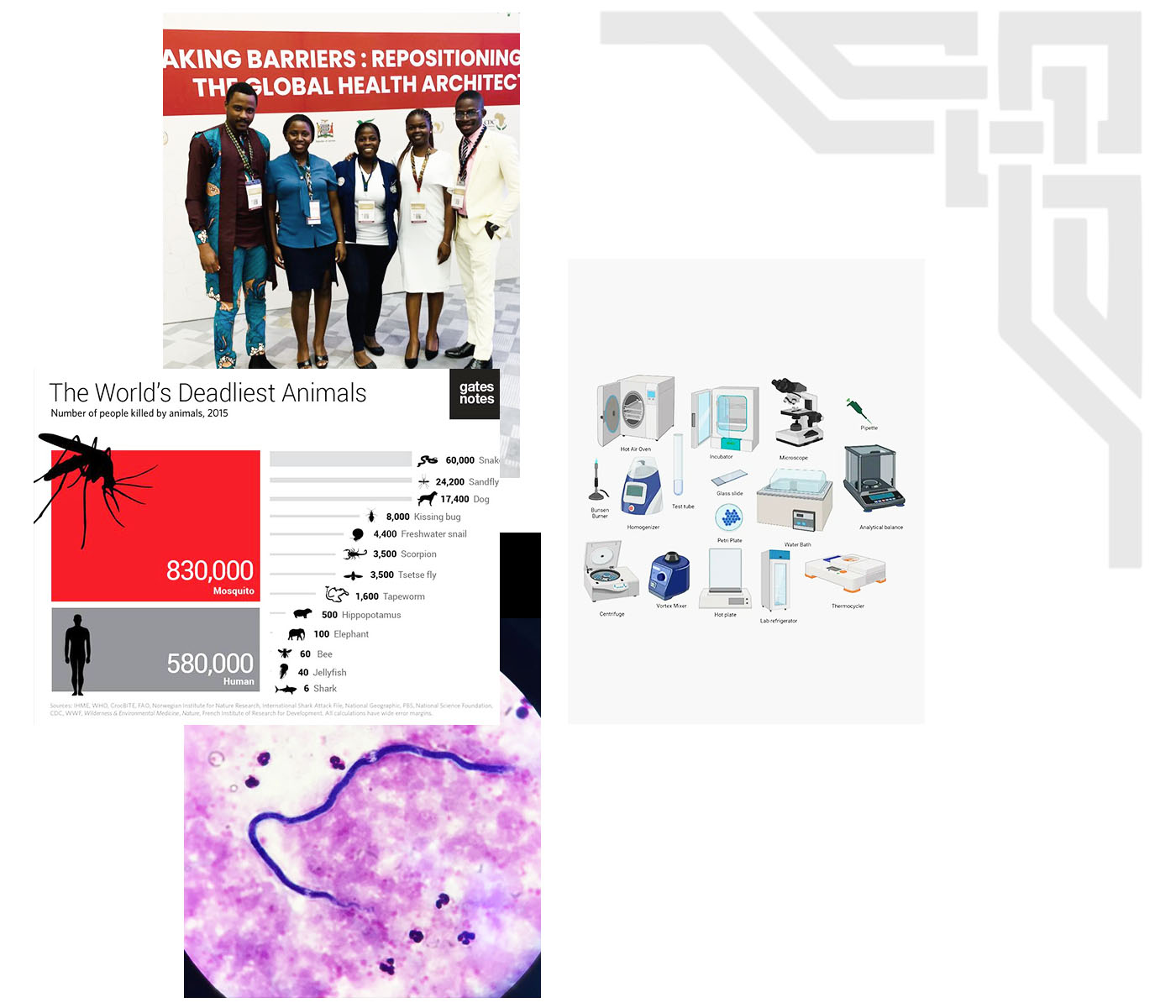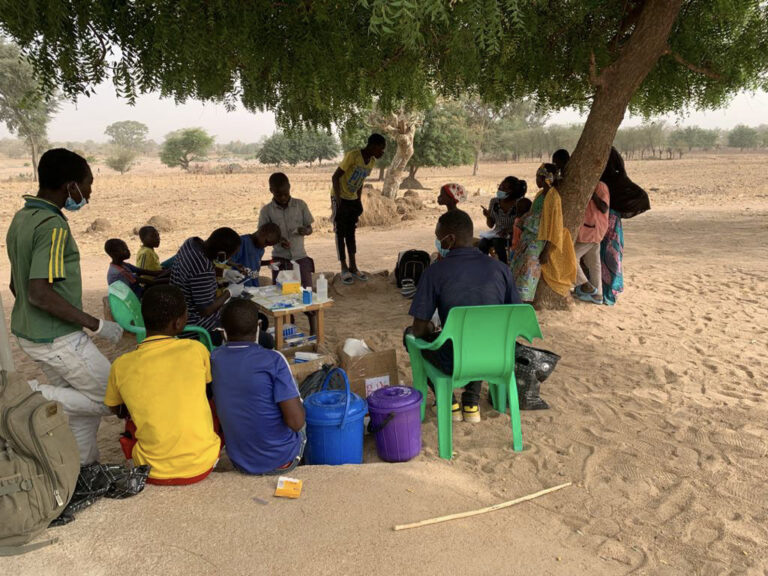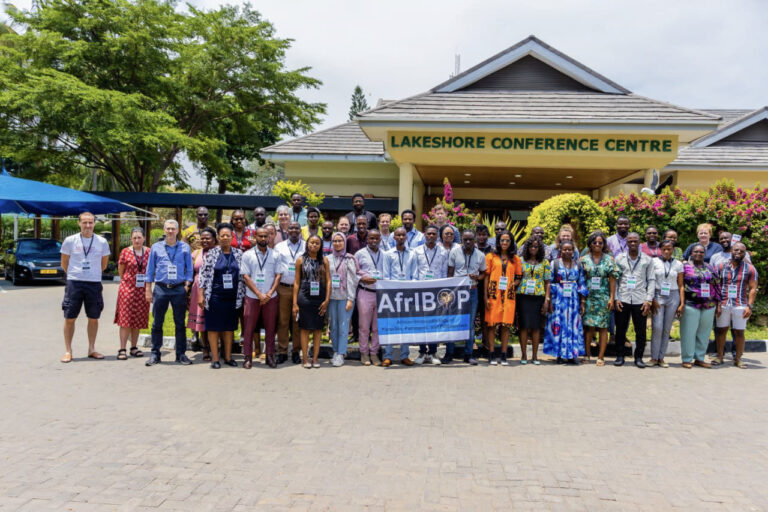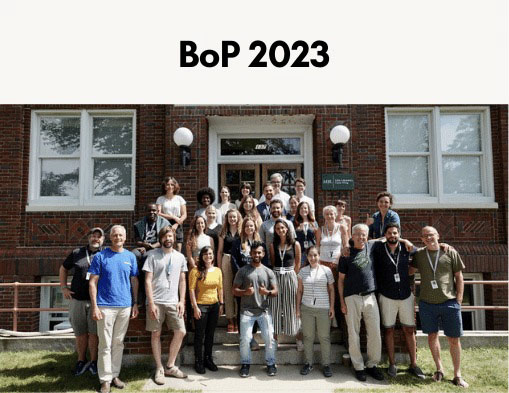The Centre for Infection Biology and Tropical Health (CIBITH) is a non-governmental, non-profit, research-based organization founded in 2021 with headquarters in Limbe, Cameroon and affiliated to the University of Buea. CIBITH is built on the core objective to support regional efforts in conducting innovative high-quality research for major health threats and training the next generations of scientists and public health leaders to improve health and prevent diseases through translation of research knowledge into policy and practice.
Research in this department focuses on understanding the biology of parasites, parasitic diseases, intermediate hosts, vectors, and vector-borne pathogens, employing tools in epidemiology, microscopy, cell imagining, structural biology, molecular biology, omics, and immunology.
Research in this discipline integrates “multi-omics” and molecular approaches to study pathogen biology and pathogen-host interactions. It also covers genomic surveillance for resistance tracking, population structure and genetic diversity of pathogens.
This discipline characterizes the immunological interaction between pathogens and their host with the aim of elucidating the mechanisms through which infectious organisms (bacteria, parasites, emerging and re-emerging viruses) invade their host and cause diseases. Leveraging the techniques of flow cytometry, ELISA, and experimental models, understanding how infection is established is an important step towards developing strategies for control.
Research in the One Health department focuses on understanding the multidimensional connection between humans, animals, and environments in the context of disease emergence and control. It combines community anthropology, humanities, social science, livestock ecology, system thinking and health economics to uncover the drivers of infection origin, morbidity, and transmission dynamics in an era of climate change.

CIBITH positions itself as a hub for training young African scientists to conducts cutting-edge research to guide the development of new approaches to disease diagnosis, prevention, & control. The Centre is actively contributing to the training of master’s and PhD scholars within the Central African Region and provides opportunities for continuous professional and career development through short courses. Committed to the framework of impact science, CIBITH places high values on public engagement and community involvement to enhance local capacity and the likelihood that research outputs will inform country programs.





“Research for Improving Population Health”